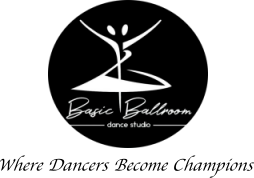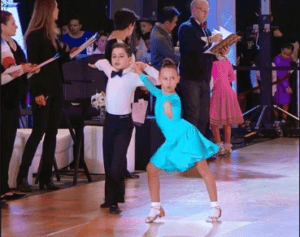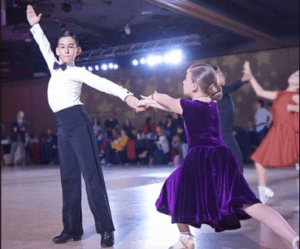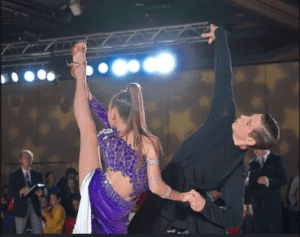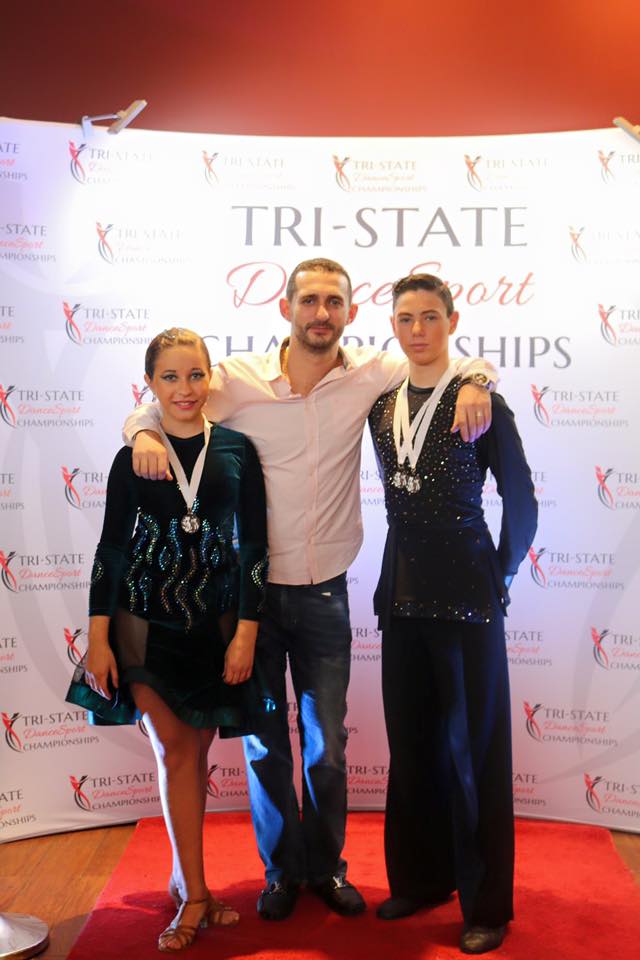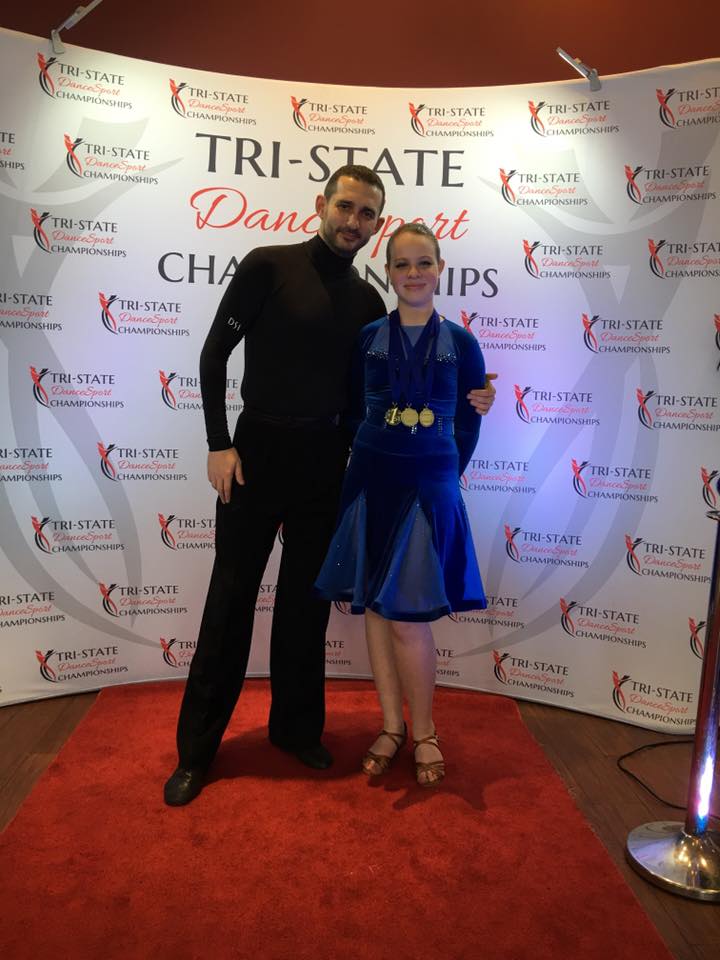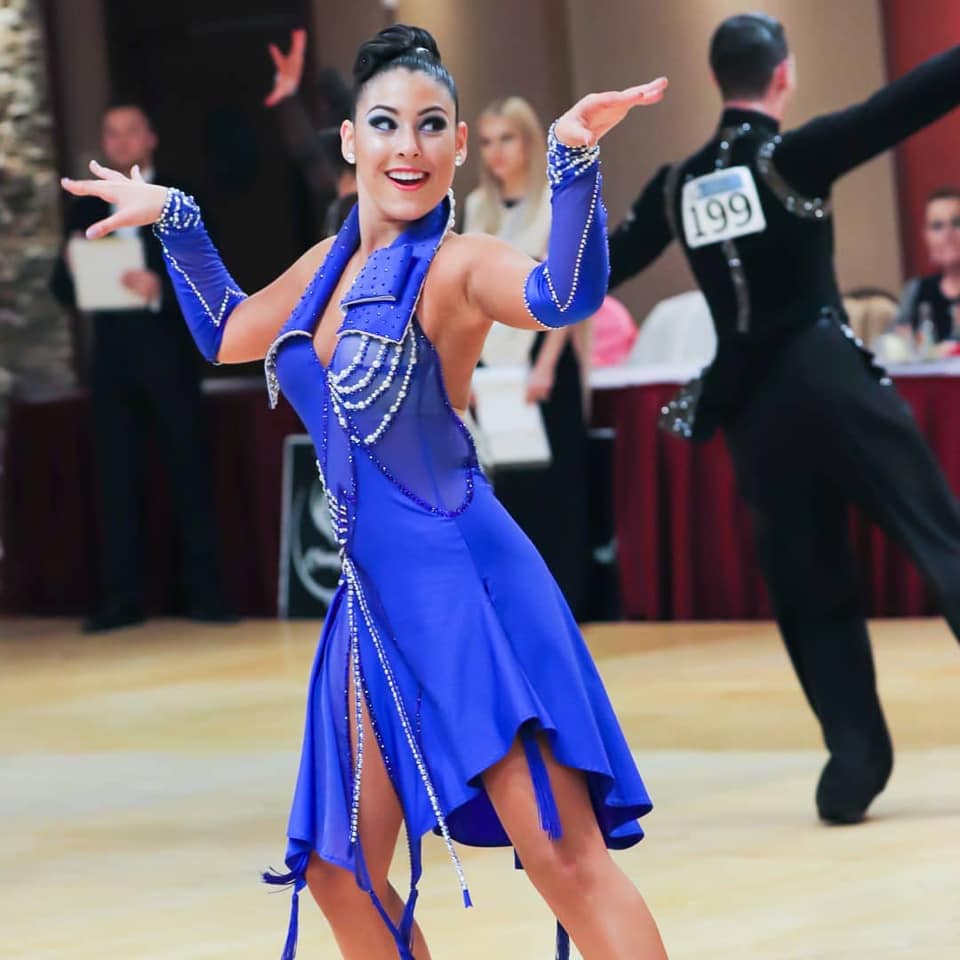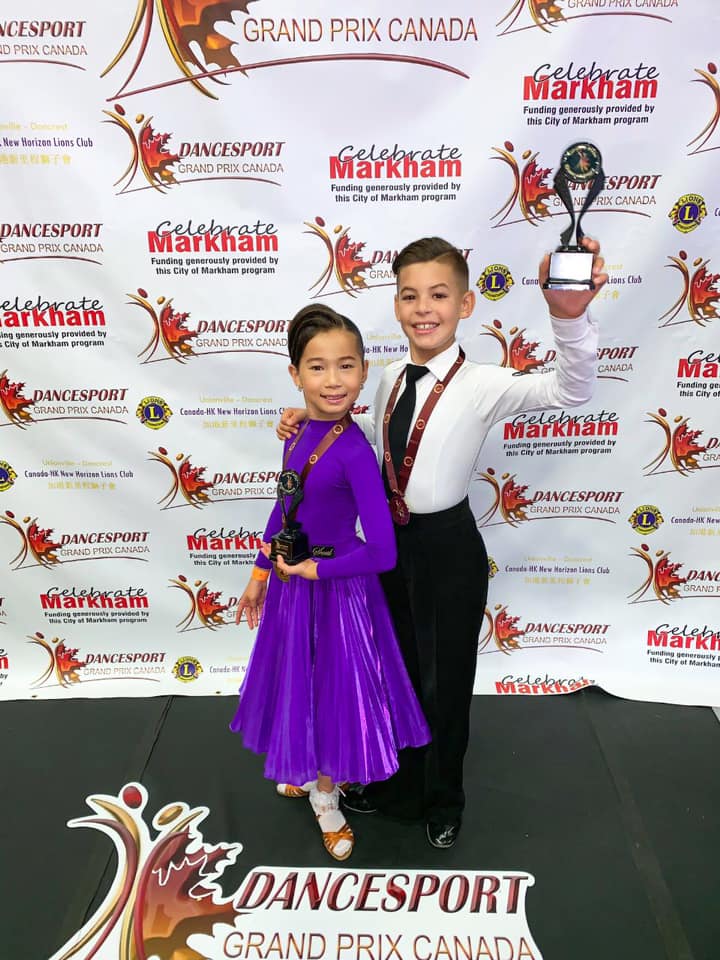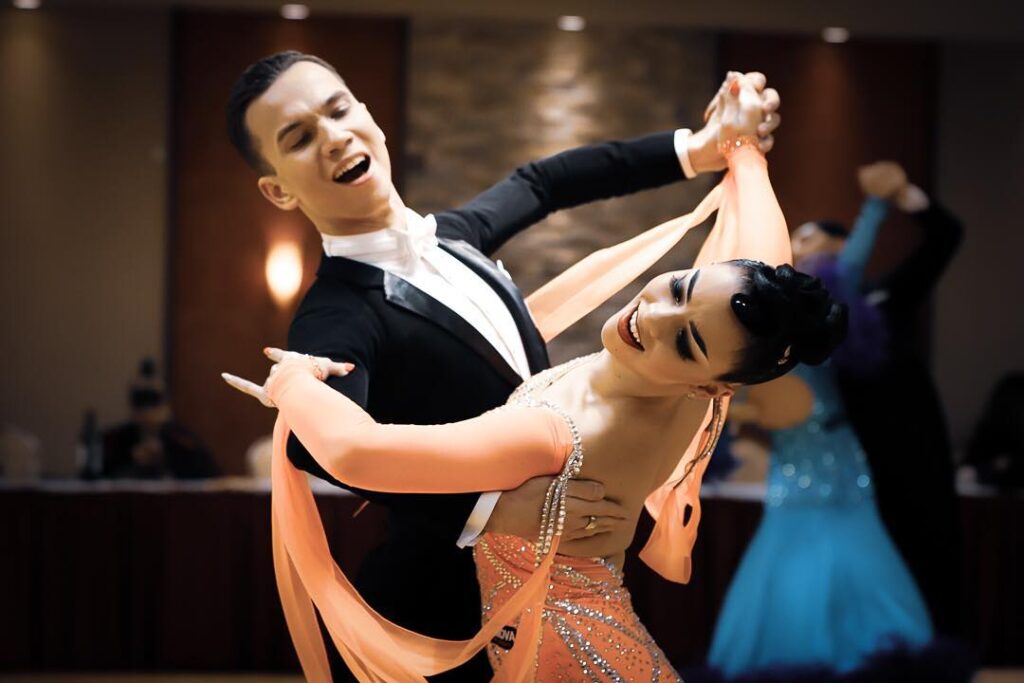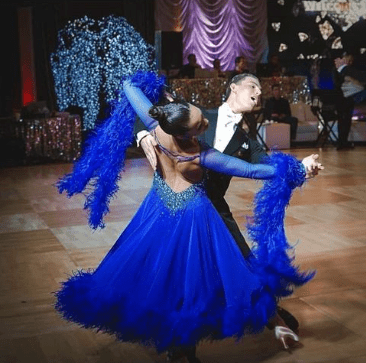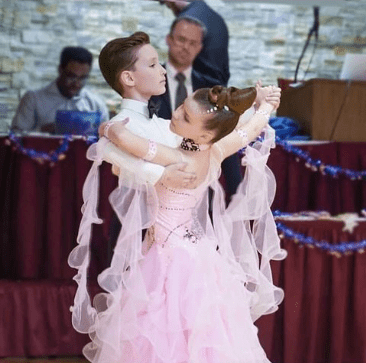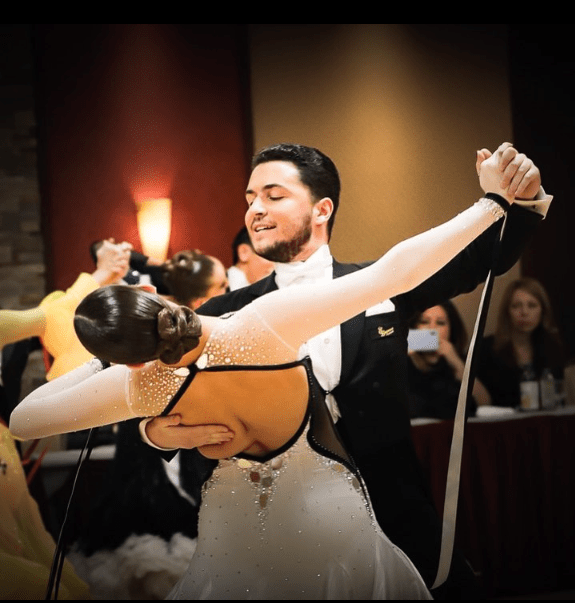
[DISPLAY_ULTIMATE_SOCIAL_ICONS]
Vladimir Karpov
Passion for DanceLatin
- Choreographed routines for competitive dancers, showcase events, dance companies, musical theatres, opera, fashion shows, film, and television productions
- Collaborated with dancers and music composers to translate their ideas, moods and storylines into dance movements.
- Directed dance rehearsals and artistic elements such as: musical composition, lightening, costuming, makeup and props.
- Noteworthy choreography engagements include:
- ‘Fear’, Vice World Showdance Championship – Amateur
- ‘Schindler’s List’, World Latin Freestyle Championship – Professional (Collaborative)
Performing Arts School
Our mission as dance educators is to instill a deep love of dance while also instilling self-confidence, discipline, integrity, and respect for the performing arts. Furthermore, our goal is to provide each dancer with the guidance and tools necessary to take dance as far as they desire. Finally, we will lay a strong foundation for a dancer’s career by honing their physical understanding of ballroom dance technical expectations as well as the artistic aspect of the art form
One of the greatest things about ballroom dance is the variety it offers. Whether you are a seasoned expert, or a new dancer, you might catch yourself wondering, “are there 19 different types of ballroom dance?!” The answer is yes, there are, and we’ve broken them down with a list to help you understand what makes each of them unique.
Intermediate
Familiar with both rhythms and patterns as well as the technique that comes with the genre. The level will both try to improve on the execution of fairly basic material, but also provide slightly more challenging material.
INTERMEDIATE ADVANCED
This level is for experienced dancers. Students showing up at this level are confident, technically knowledgeable and fairly fluent in the rhythmical language around the dance form. The material in this level will be challenging from all aspects: rhythmically, technically and tempo wise.
ADVANCED
Usually requires an audition, competitive process. Preparations for professional performances or work.
Classes

Paso Doble
Much to people’s surprise, the Paso Doble originated in France, and many named figures within this dance are in French, such as “apel,” meaning “call to action” (this is a weight replacement that involves articulation of the entire foot with the ground, typically creating a stomping sound).
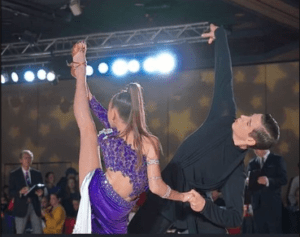
Jive
It’s party time! International Latin concludes with the joyful and energetic Jive. The Jive is a dance built from multiple styles of Swing: East Coast, West Coast, Lindy Hop, Jitterbug, and more.
